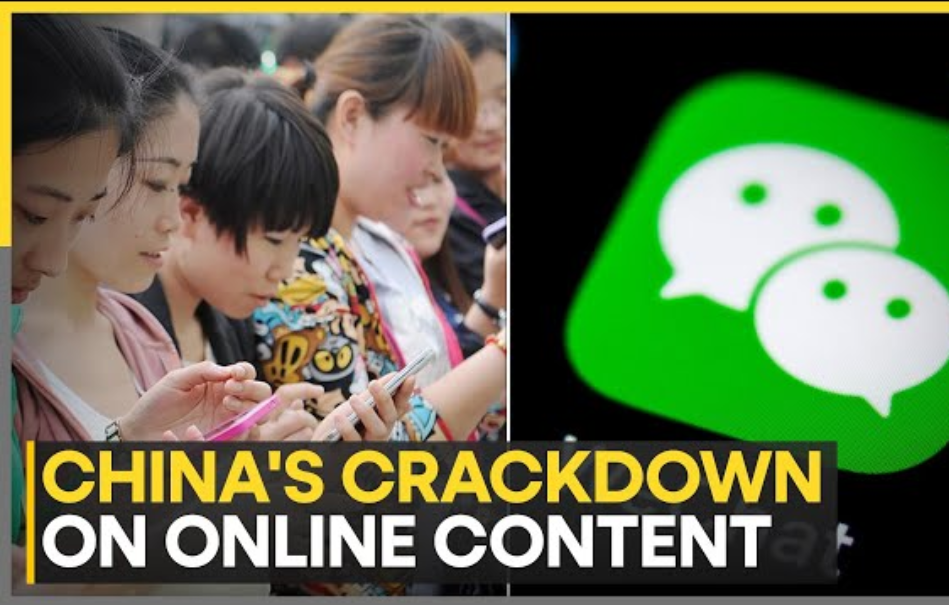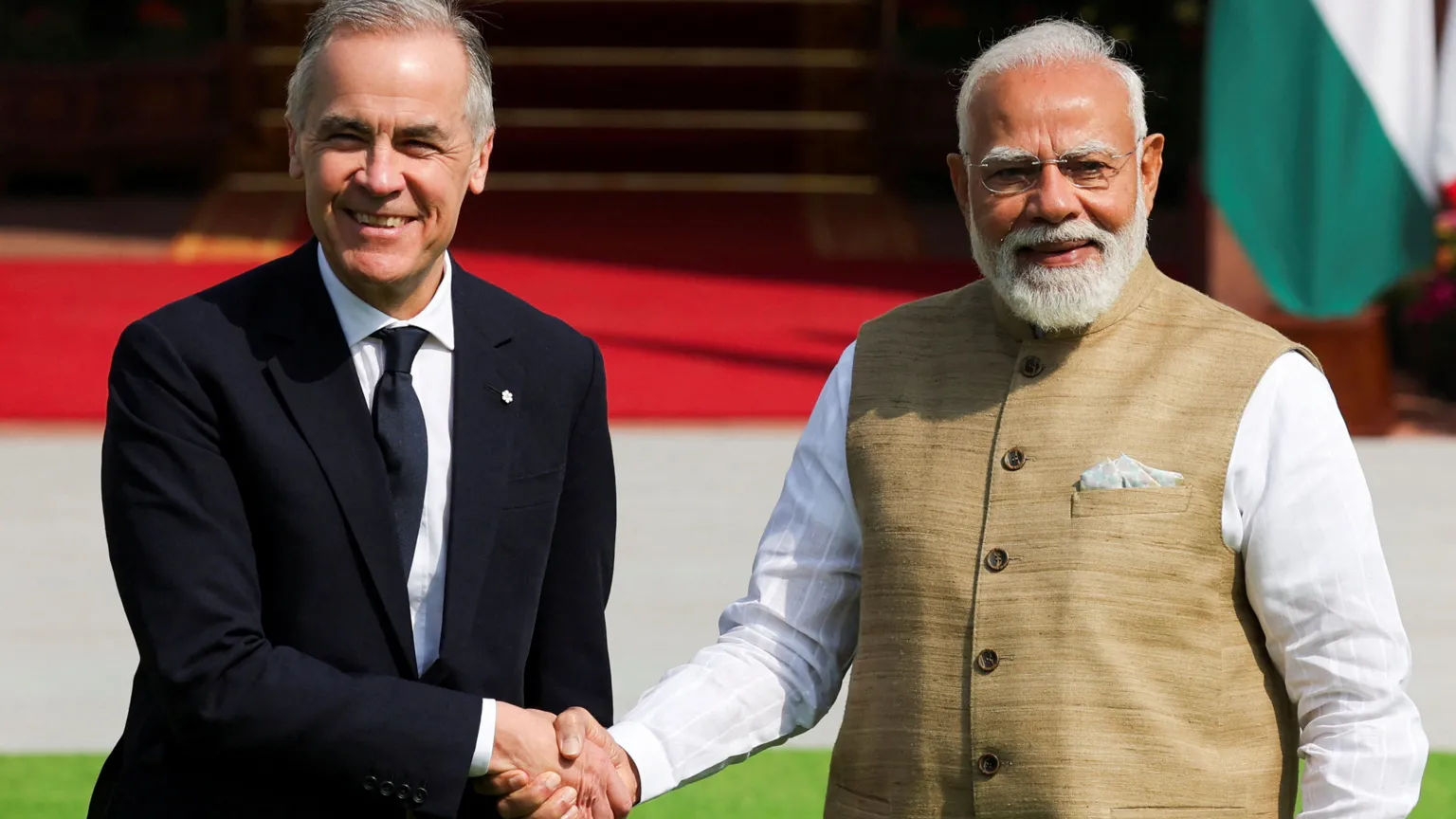By Manisha Sahu, America News World
Sept 26 , 2025
China has launched a new campaign aimed at curbing pessimism on its social media platforms, signaling a heightened effort by Beijing to control the emotional tone of online discourse. This initiative targets posts that “excessively exaggerate negative and pessimistic sentiments,” reflecting the government’s concern over rising disillusionment among the country’s younger generation.
The campaign, announced this week by China’s Cyberspace Administration, is set to run for two months and aims to “rectify negative emotions” while fostering a “more civilised and rational online environment.” Authorities are particularly focused on narratives suggesting that “studying is useless” or that “hard work is pointless,” as well as content promoting a sense of “world-weariness.”
These measures come as China grapples with an economic slowdown fueled by a property crisis, high youth unemployment, and cut-throat competition for college admissions and employment opportunities. These pressures have left many young people questioning their future prospects and, in some cases, feeling their livelihoods may be worse than that of their parents’ generation.
“Chinese youth have serious questions about the future prospects of their lives,” said Simon Sihang Luo, assistant professor of social sciences at Singapore’s Nanyang Technological University. “They must confront the fact that their livelihood is very likely going to be worse than their parents’ generation.”

Beijing’s concern over these simmering frustrations has manifested in a series of high-profile sanctions against influencers and social media personalities. Last week, popular content creator Hu Chenfeng had his social media posts wiped, with no official explanation provided. Many speculate that this action was linked to a viral livestream in which Hu categorized people and objects as either “Apple” or “Android,” using “Android” to describe things he considered inferior.
“Yours is a typical Android logic, Android person, Android qualification,” Hu had said, a statement that went viral online. While some users embraced the comment as a humorous jab at inequality, others criticized it for sowing divisions—highlighting the delicate line influencers must navigate under China’s tightened online scrutiny.
Censorship is not new in China, where content critical of the Communist Party, its leadership, or politically sensitive topics is routinely removed. What sets this campaign apart is its focus on suppressing negative emotions and attitudes that may amplify collective pessimism.
Even high-profile figures known for controversial or outspoken views are not immune. Zhang Xuefeng, a popular online tutor recognized for his blunt advice on education and social issues, recently drew the attention of censors. Earlier this month, Zhang made headlines by pledging a substantial donation if Beijing were to take aggressive action against Taiwan. While the specific reasons for censoring him remain unclear, analysts suggest it may be linked to his messaging style—he often emphasizes the harsh realities students face, such as exam scores and financial pressures, rather than encouraging dreams or optimism. His pragmatic, sometimes stark guidance may have inadvertently contributed to the type of despondency Beijing now seeks to curb.
The campaign extends beyond individuals. Social media platforms themselves are under scrutiny, with the Cyberspace Administration warning of “strict punishments” for apps including Xiaohongshu, Kuaishou, and Weibo if they fail to control “negative” content. This includes posts that sensationalize celebrities’ personal lives or promote “trivial information.” According to authorities, a “clear and healthy cyberspace is in the interests of the people.”

However, experts caution that enforcing an artificially sunny online environment may have unintended consequences. “The expression of pessimistic sentiments doesn’t necessarily mean a fundamental rejection of participating in the labor market or society at large,” said Dr. Luo. “Being deprived of relief after venting these sentiments might make it even worse for their collective mental status.”
Indeed, the underlying societal pressures—long work hours, competitive job markets, and rising costs of living—remain unaddressed. Many young Chinese have responded by “lying flat,” a movement in which they disengage from career pressures, move back into their parents’ homes, or avoid the traditional rat race. Some even identify as “full-time children,” highlighting the social and economic frustrations shaping their lives.
“Contemporary Chinese history has repeatedly demonstrated that top-down ideological campaigns can hardly eradicate the social roots of problems,” Dr. Luo explained. “Even with a powerful government like China’s, it is hard to suppress pessimistic sentiments when the economy looks bleak, the job market is fiercely competitive, and the birth rate continues to decline.”
The campaign underscores Beijing’s dual approach of controlling both the content and emotional tone of its cyberspace. While the government aims to maintain social stability and encourage optimism, critics warn that suppressing public discourse could exacerbate feelings of frustration and alienation among young people, potentially deepening the very sentiments the campaign seeks to erase.
As China pushes forward with its “pessimism crackdown,” the world is watching how the country balances social control with the realities of a generation confronting economic hardship and uncertain futures.
Discover more from AMERICA NEWS WORLD
Subscribe to get the latest posts sent to your email.






![Smoke rises after Israeli strikes in Beirut's southern suburbs, on March 2 [Mohamad Azakir/Reuters]](https://america112.com/wp-content/uploads/2026/03/hgh.webp)
